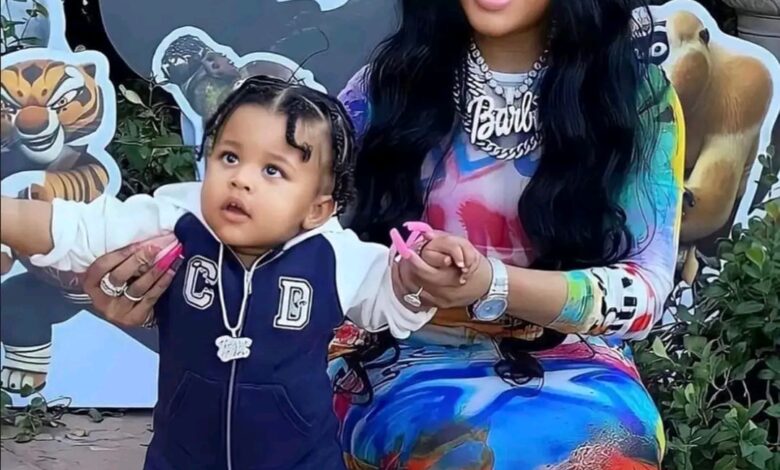The Importance of Nicknames for Children and How They Affect Self-Image

The Importance of Nick minaja for Children and How They Affect Self-Image
Introduction:
We often give nicknames to people we know and love. It’s a way to show affection, connection, and camaraderie. We even give ourselves nicknames to feel more grounded in who we are. However, nicknames for children can influence how they perceive themselves and how they interact with others. In this blog post, we’ll explore the importance of nicknames for children, how they impact them, and how you can choose the right nickname.
The Benefits of Nicknames for Children:
Nicknames give children an identity that is unique to them. It’s a way to acknowledge their personality, their strengths, and their quirks. It’s also a way to differentiate them from their siblings or peers. Nicknames can make children feel special, loved, and valued, which boosts their self-confidence and self-esteem.
Nicknames can also serve as a bonding mechanism between parents and children, and a way for children to bond with their peers. When shared among friends, nicknames become a part of the social fabric, affirming a sense of belonging. When shared among family members, nicknames become a way of expressing affection. Nicknames can be a way for children to establish their own sense of identity and create social connections.
The Risks of Nicknames for Children:
However, nicknames are not always beneficial for children. In some cases, nicknames can be used to belittle children, either intentionally or unintentionally. Negative nicknames can damage children’s self-image and their self-esteem, leading to social isolation and depression.
For example, nickname ‘Chubby’ or ‘Fatty’ can make a child feel self-conscious about their body image and lead to unhealthy eating habits. Similarly, nicknames like ‘Loser’ or ‘Stupid’ can negatively impact a child’s academic and social performance. Therefore, parents and teachers must be careful when selecting nicknames and discourage the use of negative nicknames.
Choosing the Right Nickname:
When selecting a nickname for your child, choose one that is positive, motivating, and affirming. A good nickname should reflect your child’s personality, interests, or talents. It should be something that your child can take pride in. Here are a few things to keep in mind when choosing a nickname:
1. Make it personal: A nickname should reflect your child’s personality, interests, or talents. For example, if your child loves to dance, you could use a nickname like ‘Twinkle toes.’
2. Keep it positive: Choose a nickname that focuses on your child’s positive qualities and affirm their self-esteem. Avoid nicknames that may be seen as negative or may affect their self-image.
3. Involve your child: Involve your child in the process of choosing a nickname. Ask them what they would like to be called and what nickname they think best describes them.
Conclusion:
In summary, nicknames can positively or negatively impact a child’s self-image and self-esteem, which in turn affects their social, academic, and emotional development. Parents, teachers, and peers have the responsibility to choose the right nickname for a child. A positive nickname can help children establish their own sense of identity, create social connections, and boost their self-esteem. On the other hand, negative nicknames can be detrimental to children, leading to negative self-image, social isolation, and depression. By following the guidelines mentioned above, we can ensure that the nicknames we give to children have a positive impact on their lives.
arewanahiya.com







